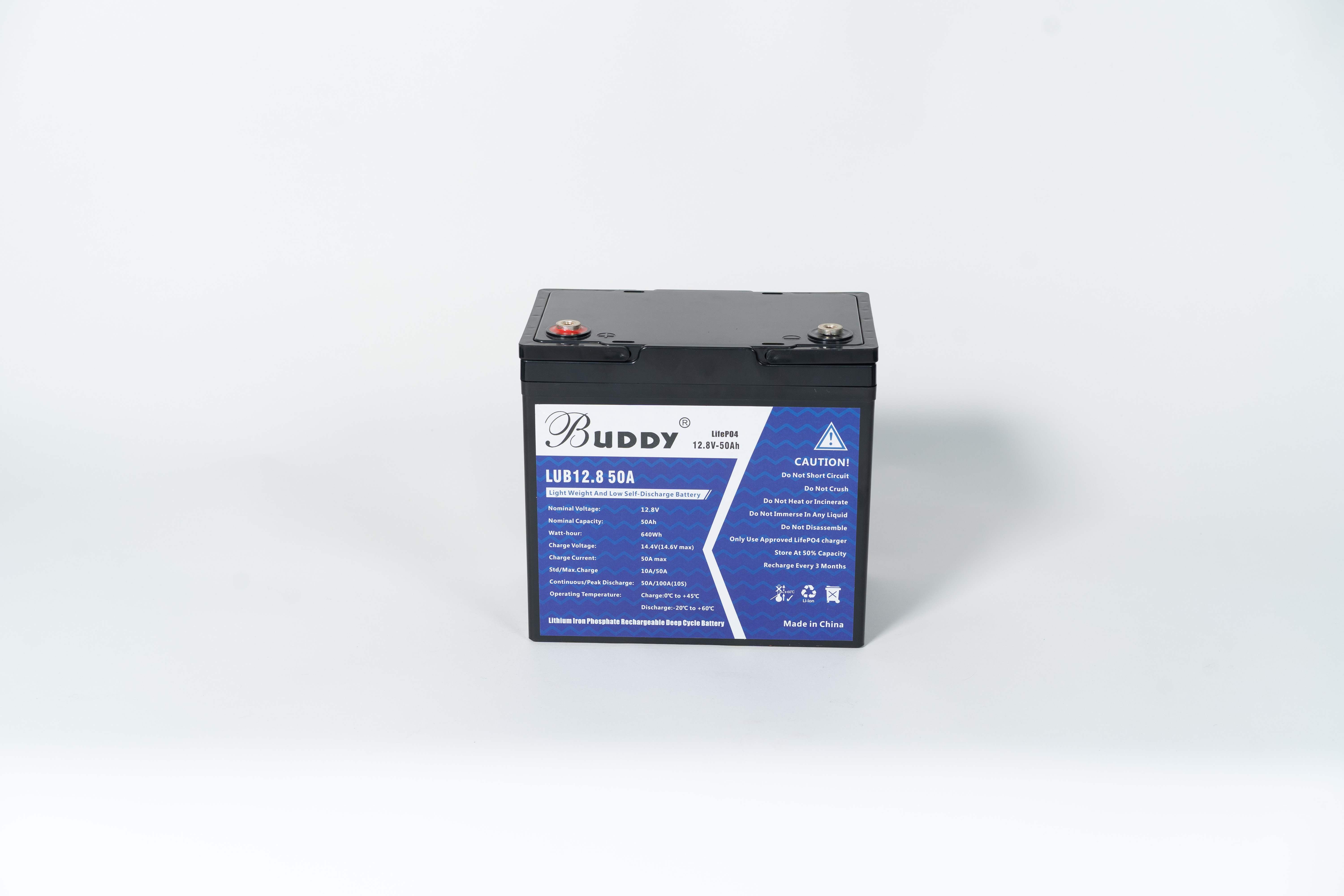Cylindrical lithium-ion cells have gained immense popularity in the field of portable energy storage due to their unique properties and benefits. In this article, we will delve into the details of these cells, exploring their construction, characteristics, and advantages. We will also discuss their broader application in various industries.

Construction of Cylindrical Lithium-Ion Cells: Cylindrical lithium-ion cells are designed in a cylindrical shape, resembling a standard AA or AAA battery. However, their internal structure is significantly different. They consist of a cathode, anode, separator, and electrolyte, all rolled into a spiral configuration. The cathode and anode are typically made of lithium-ion intercalation compounds, such as LiCoO2 or LiFePO4, which provide high energy density and stability.
Characteristics of Cylindrical Lithium-Ion Cells: Cylindrical lithium-ion cells offer several advantages over traditional battery technologies. Some of the key characteristics include:
High Energy Density: Lithium-ion cells have a high energy-to-weight ratio, making them ideal for applications requiring compact and lightweight energy storage solutions.
Long Lifespan: With proper care and usage, cylindrical lithium-ion cells can provide up to 2000 charge-discharge cycles, which is significantly higher than many other battery types.
Fast Charging: Lithium-ion cells support fast charging capabilities, allowing for quick replenishment of energy, which is crucial for modern devices and applications.
Low Self-Discharge: These cells have a low self-discharge rate, ensuring that they retain a significant portion of their charge even after long periods of storage.
Wide Operating Temperature Range: Cylindrical lithium-ion cells can operate effectively within a wide temperature range, making them suitable for various environments.
Advantages of Cylindrical Lithium-Ion Cells: The cylindrical lithium-ion cell design offers several advantages over other battery formats:
Standardized Shape: The cylindrical shape allows for easy integration into various devices and applications, as it can be easily accommodated in cylindrical spaces.
High Power Density: Cylindrical cells provide high power density, making them suitable for applications requiring high current output, such as electric bikes and power tools.
Manufacturing Efficiency: The spiral configuration of the cells allows for efficient manufacturing processes, resulting in reduced costs and increased production volumes.
Applications of Cylindrical Lithium-Ion Cells: Cylindrical lithium-ion cells find extensive application in various industries, including:
Consumer Electronics: They are widely used in smartphones, tablets, and portable speakers due to their high energy density and long lifespan.
Electric Vehicles: Cylindrical lithium-ion cells are a popular choice for electric cars and motorcycles, providing the necessary energy for efficient and sustainable transportation.
Home Energy Storage: These cells are increasingly being used for home energy storage systems, allowing homeowners to store excess renewable energy for later use.
Industrial Applications: They power various industrial tools and equipment, such as drills, saws, and forklifts, offering high performance and reliability.
Cylindrical lithium-ion cells have revolutionized the world of portable energy storage with their exceptional characteristics and advantages. Their high energy density, long lifespan, fast charging capabilities, and wide operating temperature range make them a preferred choice for numerous applications. As the demand for energy-efficient and sustainable solutions continues to grow, cylindrical lithium-ion cells are set to play a vital role in powering modern devices and infrastructure.